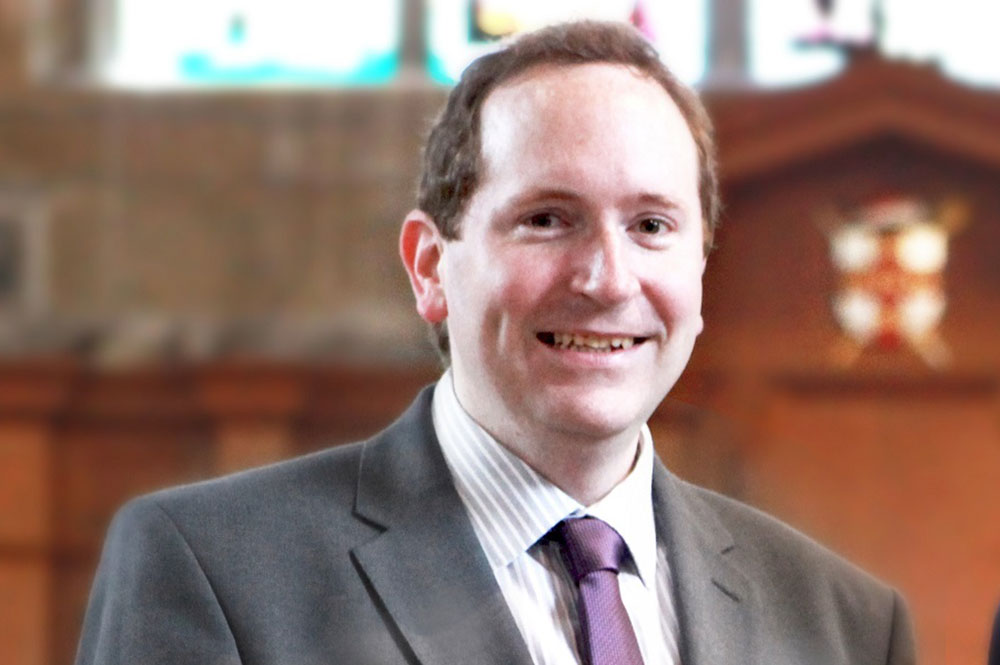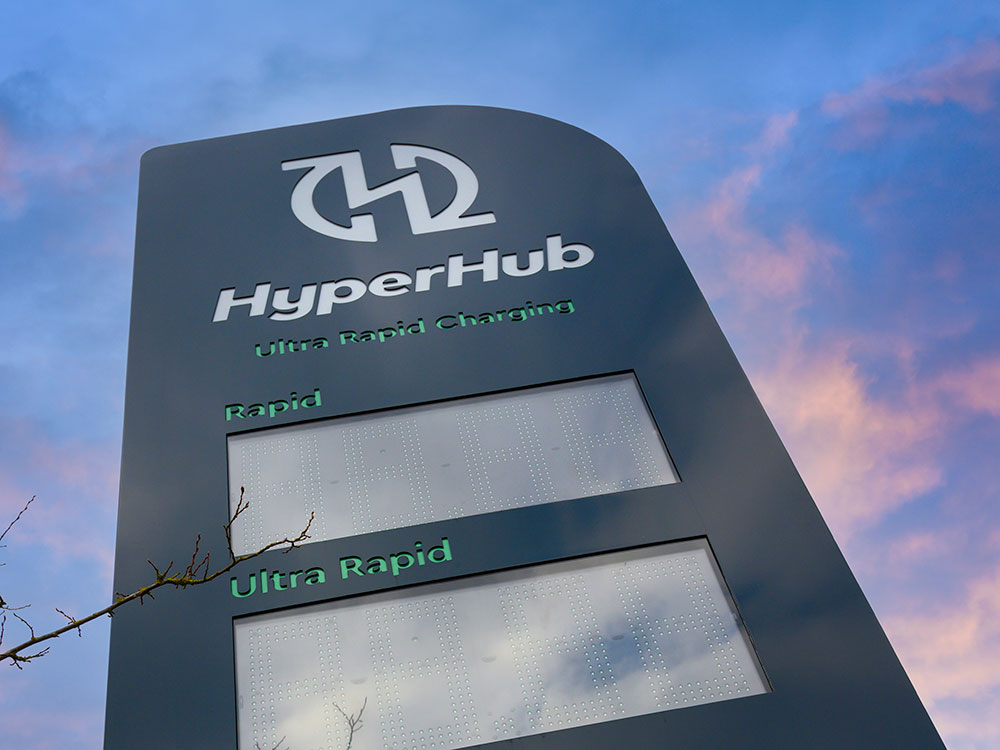York’s second electric vehicle charging HyperHub has officially opened, the council has announced.
The site at Poppleton Bar Park and Ride contains four ultra-rapid (175kW) and four rapid (50kW) vehicle chargers, helping to support the uptake of modern electric vehicles that have larger battery capacities.
The Monks Cross HyperHub, one of largest charging hubs in the north of England, opened in June.
The HyperHubs project has been hit by delays, with both sites initially pencilled to open in the first half of last year.
Delays with contracts and in establishing a connection to the National Grid have been blamed.
The Poppleton site has been open to use for several months, with customers able to charge for free for much of this period.
The council said extra delays in getting Poppleton fully operational were down to systems being “tested and optimised”. This has included the installation of the latest technology to manage the electrical load across the site.
Both sites are now charging for electricity, but rates are competitive compared to commercial providers.
The £2.2m project, a partnership between City of York Council and EvoEnergy, has been 80 per cent funded by external sources.
Solar power

Council leader Keith Aspden said: “Monks Cross Hyperhub has been hugely popular since it opened this year. Poppleton offers the same convenience, sustainability and speed.
“Our electric vehicle charging strategy and work with EvoEnergy are key to the success of this project.
“The HyperHubs are just the latest part of city wide work to support more sustainable travel and our efforts to make York cleaner and greener.”
Deputy leader Cllr Andy D’Agorne added: “York’s HyperHubs will allow electric vehicle drivers to charge easily and quickly using renewable energy.
“This will help to reduce emissions and improve York’s air quality, supporting our ambitions to become carbon neutral by 2030.”
Solar canopies at both sites help to generate electricity used for the chargers, and excess energy can also be sent back to the National Grid.
EvoEnergy’s Jonathan Roper said: “The grid capacity in this location is limited, which could limit the number of people charging at the site simultaneously.
“With batteries being charged by solar energy, more people will be able to charge up at once in a hassle-free way, helping to reduce emissions from road transport in York.”
[tptn_list limit=3 daily=1 hour_range=1]
